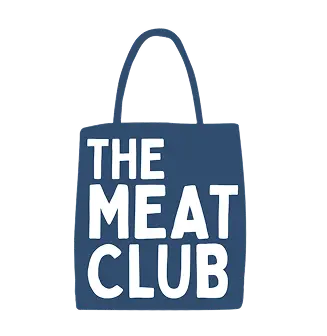Protein 101
Our bodies break down proteins into 20 different amino acids, either essential or non-essential.
Essential: there are 9 essential amino acids that we can only get from protein found in food. Foods that have all 9 essential amino acids are known as “complete proteins.” Since not all protein sources are complete proteins, its a good idea to eat a variety of different proteins.
Non-essential: there are 11 non-essential amino acids which are considered non-essential because our bodies can produce these on its own.
Essential protein can be found in animals and plants. We’ve listed the common sources for both categories below.
Animal protein
- Collagen: Collagen is a wonderful source of protein that supports skin health, hair and nail health, as well as gut health. It is readily available in animals, bone broth, and powdered varieties.
- Bone Broth: Bone Broth is rich in collagen, glycine, proline, and glutamine which are excellent at repairing the gut lining from inflammation and leaky gut. It’s also easily digested for most people making it a good option if you struggle with digestion issues.
- Chicken: Chicken is a complete, lean source of protein, vitamin B6 and niacin. Don’t be afraid to enjoy the dark meat, skin, wings and legs as they are a great source of collagen and glycine.
- Eggs: Eggs are a complete source of protein and a nutritional powerhouse! Many of eggs nutrients lie in the yolk, where you’ll find choline, carotenoids, omega-3, vitamin D among other hard-to-get vitamins and minerals.
- Fish: Fish is a complete protein source rich in omega-3’s which support heart and brain health.
- Beef: Beef is a complete source of protein with many vitamins and minerals including B12, B6, B3, iron, zinc, selenium,
- Lamb: Like beef, lamb is a complete protein, rich in vitamins and minerals like B12, zinc and iron.
- Turkey: Turkey is a lean protein with B vitamins, zinc, selenium and other vitamins and minerals.
Plant Protein
- Spirulina: Spirulina is an amazing blue-ish/green algae containing all 9 essential amino acids. Great for vegetarian and vegan’s as it’s the highest known vegetable source of B-12 (a common vitamin deficiency for vegetarians). Spirulina is known to boost energy and packs 2 grams of protein for every teaspoon.
- Nutritional Yeast Flakes: Nutritional Yeast is rich in Fortified B Vitamins which are so important for cellular health, energy and metabolism.
- Seeds and nuts: Seeds are great sources of protein, fiber and healthy fats! Perfect salad toppers and added to a smoothie for added fiber. Nuts are high in healthy fats and contain moderate amounts of protein and fiber.
- Buckwheat: Gluten-free, great source of manganese and magnesium, includes two essential amino acids and some antioxidant properties.
- Beans and legumes: Lentils are especially high in protein clocking in at 18 grams per cup. Most beans are a great source of protein, carbohydrates, fiber, iron, folate, phosphorus, thiamin, niacin, riboflavin, B6, potassium, and manganese.
- Green Peas: Though mostly carbohydrates, you can still get a small punch of protein as well as vitamin A, C, K, thiamine, folate, manganese, iron, magnesium, phosphorus, zinc, copper and B vitamins.
- Quinoa: Quinoa has all 9 essential amino acids, its gluten-free and a good source of vitamins, minerals and fiber.
- Mushrooms, Kale, Spinach, Asparagus, Broccoli: These veggies contain smaller amounts of protein, however it all adds up if you’re adding them to most of your meals. Plus they’re low-carb, high fiber and packed with nutrients.
This blog was adapted from Katie Dewhurst, founder of Hello Balance’s, blog on Protein. Read more about Katie in our #meatclubfriends section of the site here (and a freebie for members) and on her website here.

